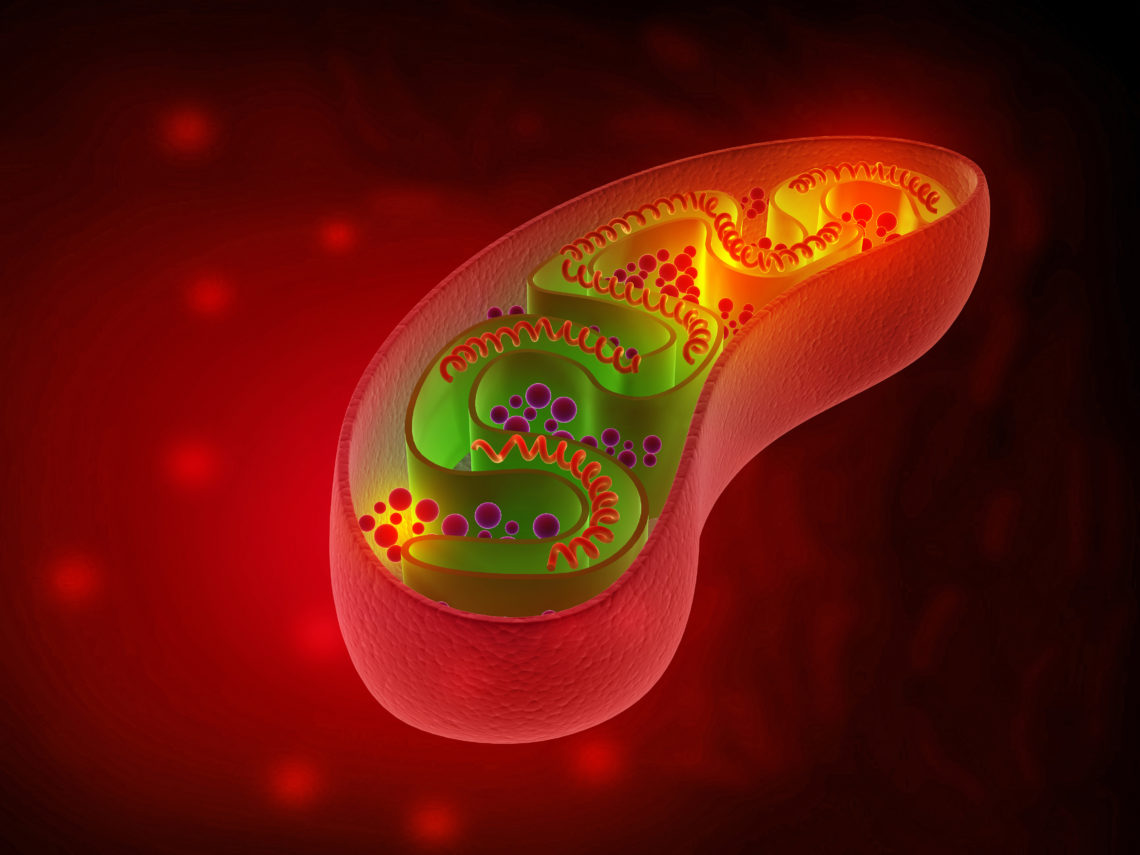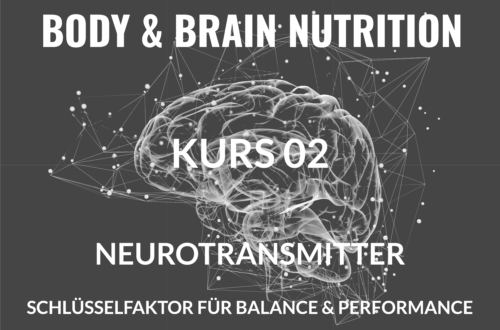
Mitochondria
If you know a single fact about mitochondria, it’s probably this: “Mitochondria are the powerhouse of the cell.” In this blog you will learn that mitochondria play a much wider role for our overall health: they not only have their own DNA (mtDNA) and are able to communicate and combine with each other, but the latest reasearch is indicating even a strong link between mitochondria and your mind. In fact, you can find numerous studies linking mitochondrial dysfunction to literally any kind of disease, from cardiovascular disease to insulin resistence and diabetes, autoimmune diseases and neurodegenerative diseases. But let’s start with the more obvious role of mitochondria, which is to provide you with energy. The energy produced by these organelles is essential for powering everything we do, and that includes using our brains to learn, think, memorize and feel.
Mitochondria generate energy within our body’s cells in the forms of adenosine triphosphate (ATP) and heat by consuming glucose from the food we eat and oxygen from the air we breathe. Glucose which isn’t immediately used for energy production will be stored in your fat cells as glycogen. Ultimately, ATP can be produced from all three macronutrients (carebohydrates, fats and protein) although you definitely want to avoid protein to be pulled from your muscles for energy production. Throughout the energy production process, the mitochondria also create waste products like carbon dioxide, water, and free radicals (reactive oxygen species), corrosive chemicals that can degrade our cells as well as the mitochondria themselves.
Studies suggest that the path to mitochondrial health is a familiar one: fixing your circadian rhythm and sleep, eating a nutrient-dense diet of real foods, exercise and engaging in stress-reducing activities like breathing, yoga and meditation can all have a positive influence.
From the point of view of our mitochondria, proper food is whatever contains the materials they need for their job: vitamins, minerals, enzymes, antioxidants, and so on. If you know me, you know by now, that it’s best to get these nutrients from unprocessed natural foods consisting mainly of fresh vegetables, healthy oils, fruits and some fish and meat rather than supplements.
Supplements – as the name suggests – are there to supplement your food, not replace it. And antioxidant supplements in particular can upset the balance of free radicals in the body, interfering with mitochondria’s ability to monitor their own health.
Our mitochondria have a number of methods for dealing with the damage from free radicals and ROS, but these measures only offer temporary relief. A certain amount of mitochondrial dysfunction over time is inevitable (but can be offset by growing more mitochondria, a process known as hormesis), and the brain, which uses more than 20% of the body’s energy, is one of the most vulnerable targets of mitochondrial dysfunction.
In the case of degenerative diseases like Alzheimer’s or Parkinson’s, the decrease in blood flow associated with either lifestyle insults and / or ageing has been shown to limit the extend of glucose and oxygen available to the brain’s mitochondria for energy production. This energy deficit can cause neurons to degenerate, disrupting activity in more energy-demanding areas of the brain associated with memory (i.e. the hippocampus in Alzheimer’s) and motor control (i.e. the substantia nigra in Parkinson’s).
Now that you have a basic understanding of how important mitochondria are for our physical, mental and spiritual health, in the next article we will talk about the cell danger response of mitochondria and the necessary steps you need to follow to increase your energy level and grow more mitochondria.
If you want to learn more about how to “Eating for awesome energy”, I recommend my upcoming workshop on January 22nd (you find more infos here in the blog or on my social media channels).
In health,
Christian






